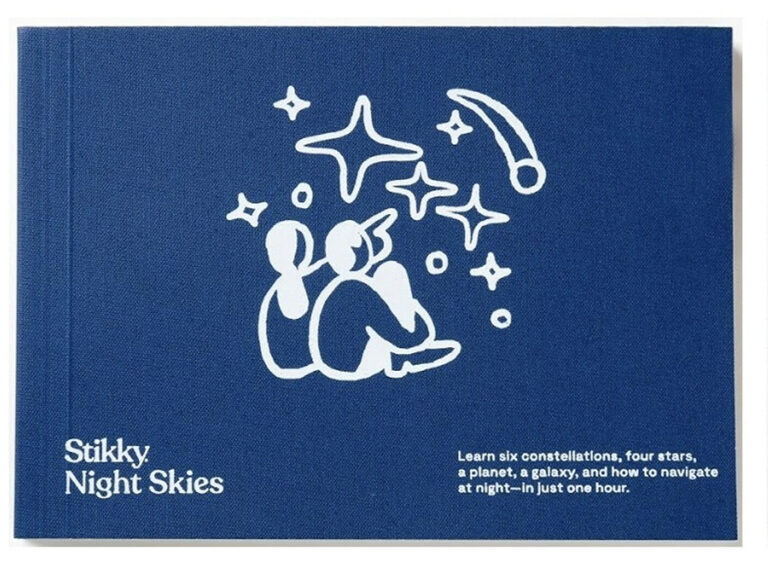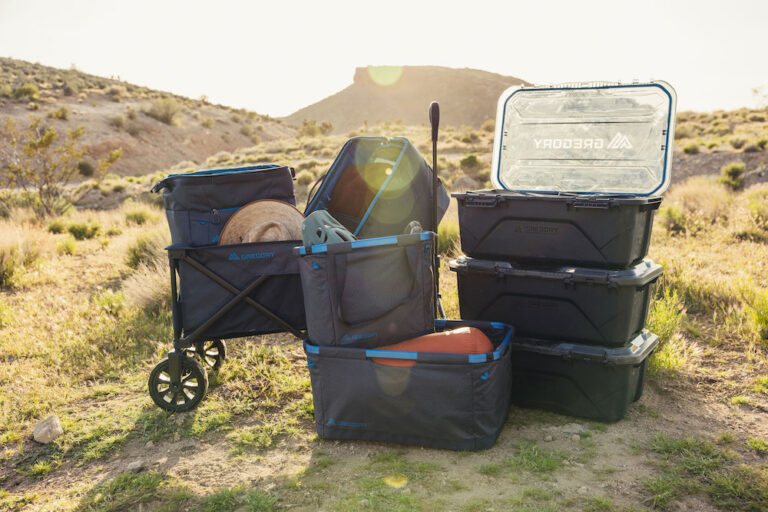I called my pal Rick, a farmer, for direction on what to do next. I was standing before a dead ruffed grouse. He told me to stand on the wings and pull out the torso. I argued that one should use all parts of the bird, but he overcame my idealism. I put the bird in the fridge to rest a few days, as instructed. That Friday my girlfriend and I sat down to sample this delicate creature. She is a vegetarian but considered the sacrifice dignified enough to make an exception. It was seared in coconut oil and Celtic salt and served with aged white burgundy. We thanked the bird for its life and the earth for the salad, sprouted broccoli, and Central Food bread. Tasting the first bite, our eyes widened. The fowl was remarkable in flavor and texture.
In the 90’s, I was developing a wholesale wild mushroom business. Our primary forager was a man named Doc who lived by Priest Lake and survived off trapping, huckleberries, and mushrooms. When large animals were hit on the highway, the game warden would get word to him. One year, after a moose collided with a truck, Doc gave me a shoulder, the best meat I’d ever had.
Another acquaintance, Jimmy, who grew up hunting, eventually decided road kill was a more respectful way to get his wild game. He lived on a rural highway near a body of water. Every weekday morning, friends headed to work going both directions would alert him to any fresh kills. Over the years he harvested and shared an enormous amount of venison this way.
Often the meat is too damaged to salvage, bruising quickly and soaking up stress hormones if the animal takes time to die. However, Jimmy emphasizes, “If a rib punctures the lung, they bleed out naturally, or a head hit can do less damage than a 30 caliber.” One time he drove by the river in winter as a buck broke through the ice and struggled to get free. “I’m a killer, but don’t like to see animals suffer.” He went into the water and wrestled the panicked deer out, but it died of exhaustion by the time they reached shore. As he dragged the carcass up to the highway knee deep in snow, a state trooper pulled over and said, “You are breaking the law.” “Yes I am.” Jimmy responded in a characteristically humble way. “I would be breaking a bigger law if I let the deer stay out there and die.” The officer smiled and left.
Laws in Washington have recently changed. As of July 2016, one can harvest road kill legally in our state as long as the entire mess is cleaned up and the animal isn’t killed on purpose. Anyone who takes possession of a deer or elk carcass must also obtain a free, printable permit from Washington Department of Fish & Wildlife within 24 hours and keep a hardcopy of the signed and dated permit with the meat. I also checked in with WDFW and was informed it’s not allowed to kill an animal because it’s wounded. Afraid of rotten meet? Worry not. You’ll know if it’s rotten, say the seasoned collectors. Smell the meat, make sure there are no old wounds, and cut out bruised areas.
Another examples of opportunistic hunting are snails. Have you ever considered collecting snails from our regions lakes? In spite of their being large, juicy and prolific, few folks eat them. They will be my next foraging experiment. //
Kelly Chadwick grew up wandering the outdoors, which led to a lifelong passion for the natural sciences. He wrote about fairy clubs in October.












